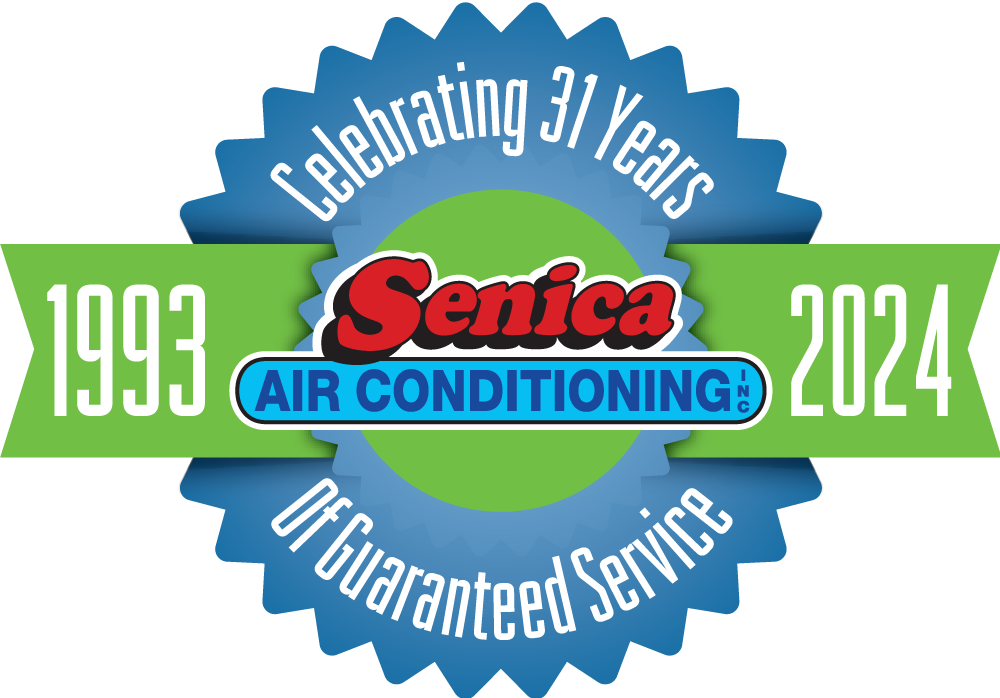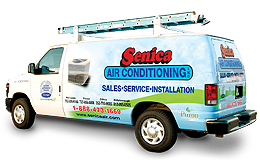Your air filter should be changed regularly to keep the air you breathe clean. If you want the best quality air filter, then it helps to know how to compare them. Here are some useful tips.
Using MERV Ratings to Evaluate Filter Quality
Minimum efficiency reporting value, or MERV rating, is the designation for a system of rating filters in the HVAC industry. The residential scale goes from 1 to 16, with 16 being the best quality filter that removes 95 percent of particles. This system was developed by HVAC industry experts in 1987. By using the MERV rating, you can evaluate the quality of one filter against another. However, selecting better filters isn’t as easy as picking the highest MERV rating. You also need to take the price of the materials into account.
Air Filters: Price vs. Effectiveness
If you have an unlimited budget, then you can simply use the MERV rating and choose the most expensive filter. However, there’s the law of diminishing returns. You only get so much additional benefit for a much greater expense. Likewise, more dense filters may place a heavy strain on your AC system and cause your energy bill to go up.
MERV Ranges and Corresponding Particles
To make things easier, you can group MERV ratings together based on the types of particles they filter out. This way, you’re more likely to find the best filter for your needs. For example, you may suffer from pet allergies and need to filter mostly pet dander. If that were the case, then you’d only need a filter in the range of five to eight. Here are each of the different groups:
- 0-3 – Never mind a rating of three or less. These aren’t useful or allowed in homes.
- 4 – Residential filters must be at least a MERV 4. You’ll find these in most wire-mesh filters inside window air conditioners.
- 5-8 – This is the category where most household irritants are removed. These filters remove pet dander, mold spores, hair spray and even dust mite body parts.
- 9-12 – For a higher quality filter, you should look in this range. Filters with this MERV score will filter out automotive emissions, lead dust and fine flour. This is the recommended range for most residential needs.
- 13-16 – Most filters in hospitals fall in this range due to the ability to strain out bacteria. It also filters smoke, sneeze droplets and makeup. Most residential HVAC systems aren’t designed for filters with this high of a rating. However, some use a level of MERV 13.
- 17-20 – This range normally isn’t discussed because it’s only for industrial applications like electronics manufacturing. However, this MERV range can filter out viruses. That’s why it’s worthy of mention.
HEPA Filters for Air Conditioners?
HEPA filters have become popular in recent years. They’re frequently found in vacuum cleaners and air purifiers. Because of the publicity, many people wonder if they can get a HEPA filter for their air conditioner or furnace. Unfortunately, the density of HEPA filters makes them impractical for residential HVAC systems. It would act as a plug and completely stop any air from passing through. Does that mean you have to sacrifice HEPA? No. Filters with a MERV 12 or 13 will remove most bacteria. If you want to remove viruses, install a separate air purifier with a HEPA filter.
Senica Air in St. Petersburg, FL
For 20 years, Senica has been providing superior heating and cooling services to St. Petersburg, FL, and surrounding regions. To discover more about regular maintenance service that includes AC filters, give us a call today.



